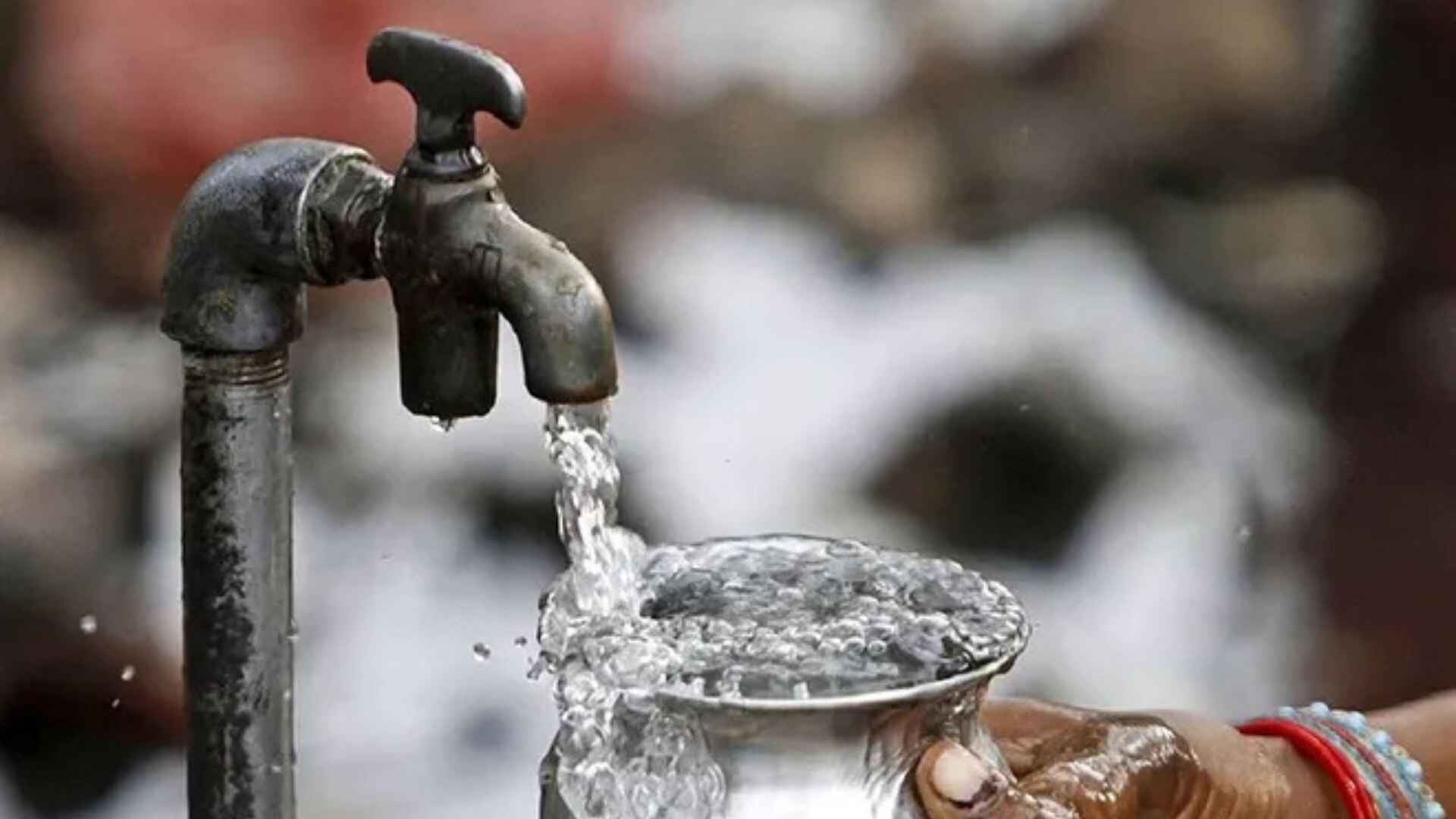The Delhi Jal Board (DJB) announced on Saturday that water supply in the Rohini area of the national capital will be disrupted for 16 hours on November 11 due to “maintenance work,” according to news agency PTI.
The affected areas will include Rohini Sector-6, Sector-7, Sector-8, and surrounding regions.
“The work of installation of flow meter at 700 mm dia. outlet line of Rohini Sector-7 BPS is proposed to take up on November 11 from 10 am onwards for 16 hours. Therefore, water supply will not be available in the evening and may be available at low pressure in the morning of November 12,” the DJB stated.
The agency urged residents to use water judiciously and informed them that water tankers would be available on request through the DJB helpline or central control room.
Must Read: Muzaffarnagar : Young Bride Found Shot Dead In Car Just Days After Court Marriage | VIDEO
Water supply crisis
The national capital experienced a severe water supply crisis last week as high ammonia levels in the Yamuna River impacted the functioning of Delhi’s water treatment plants.
Water treatment plants (WTPs) at Sonia Vihar and Bhagirathi faced challenges in handling the elevated ammonia content in the Yamuna’s raw water. Elevated ammonia levels in the river suggest high industrial discharge or sewage inflow. The DJB’s plants can manage ammonia concentrations up to 1 ppm in raw water through chlorination, but exceeding this limit produces toxic chloramine compounds. Consequently, water production at these treatment plants was disrupted when ammonia levels surpassed 1 ppm.
Residents in tail-end areas, including Vasant Kunj and Anand Vihar, reported water shortages and issues related to ammonia contamination.
The WTPs resumed optimal operations once the ammonia levels in the Yamuna decreased. “The plants are now operating at optimum capacity. There is still a pollutant load in the raw water, but we are trying to manage the situation,” a DJB official said according to an HT report.
Also Read: Haryana Official Arrested For Alleged Sexual Assault Of Dalit Worker At Gunpoint







